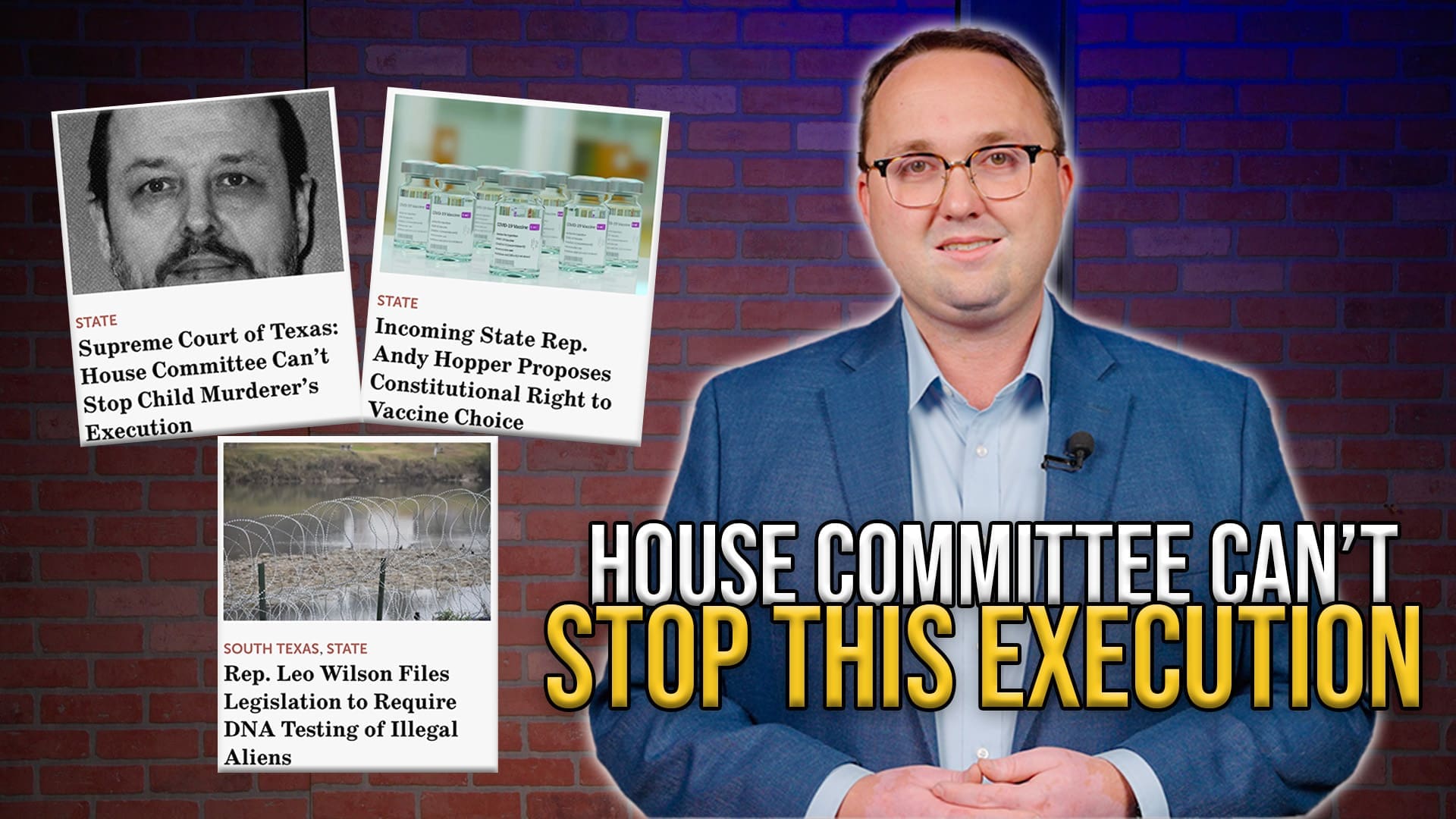As he ended his tenure as Chairman of the Texas Ethics Commission, Paul Hobby patted himself on the back for implementing a costly program to upgrade the commission’s software and website. But a new study from the Campaign Finance Institute suggests Hobby’s upgrades were a failure.
In a study of all 50 states’ campaign finance disclosure websites, the Texas Ethics Commission’s new programs came in dead last in user satisfaction.
The institute timed public survey participants as they performed a series of common tasks and asked them how much confidence they had in their results. The findings for the Lone Start State were very grim.
- More than half of the Texas participants failed their assigned tasks, giving up after just ten minutes. Texas was third to last among all states in this category.
- Texas was second to last in average time taken to complete tasks. Meanwhile, users in other states were able to accomplish the same tasks in half the time.
- The Texas Participants were dead last in confidence in the results they were served after using the state’s website. Perhaps this was because Texas also had the most confusing terminology.
- Texas was second to last when participants were asked if they would use the tool to find out about campaign finance in the future.
This should not be a surprise to political observers in Texas, where the Texas Ethics Commission (TEC) website has long been criticized for not being user-friendly, even for specialists including lobbyists, journalists, and watchdogs who frequently use the site.
Some of the comments from the study underscore the belief that some of the websites may be intentionally confusing in order to limit transparency:
One respondent said about one low-scoring state that the “website is a labyrinth” and that a member of the general public “will give up after only a few minutes.” Another wrote about a mid-ranking state, “I think it would be hard for an average person to find an answer.”
Yet Hobby, in his parting remarks, praised the new TEC website and software, saying it “will enhance the work of the commission enormously in terms of [its] ability to do analysis and bring facts to [its] decision making where [the commission] previously was unable to see the real data.”
If the upgrades, which cost taxpayers tens of thousands of dollars, don’t make the commission’s data any better for citizens, then what did Texans pay for?
From Hobby’s comments, it appears the “upgrades” are actually designed to make it easier for the TEC to go after citizens and harass them for errors in their reports.
The Texas Ethics Commission has proven itself to be at war with Texans, attacking their fundamental liberties while protecting the establishment politicians and lobbyists in Austin. The Commission needs to be abolished or fundamentally reformed, and its reporting duties should be handed over to a less-hostile state agency.




